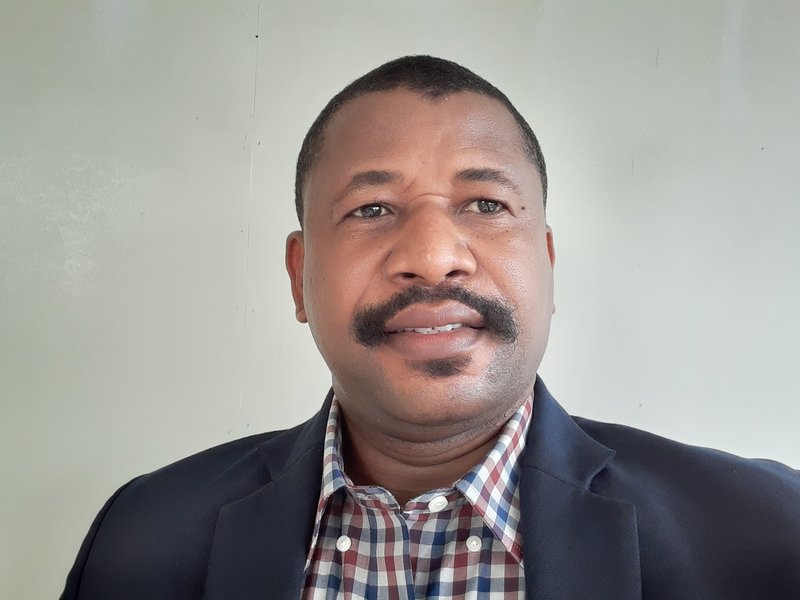Dominique Domerçant

In 2021, 50 contemporary art curators, researchers, and museum professionals from 32 different countries were awarded support to attend the CIMAM 2021 Annual Conference, in-person and online.
For the first time, and thanks to the generous support of The Getty Foundation who sponsored the virtual platform, 27 grantees attended the conference online, while 23 attended onsite.
Launched in 2005, CIMAM’s Travel Grant Program is designed to foster cooperation and cultural exchange between contemporary art curators and museum directors in emerging and developing economies and their counterparts in other regions of the world.
Dominique Domerçant's Conference Report
I am honored to participate as a museum professional and proudly represent Haïti at the 53rd edition of the CIMAM Annual Conference, in which debates were held around the situation of "Under pressure" affecting modern and contemporary art museums. In the context of xenophobia and the climate emergency, subjects concern both the North and the South.
It is such an excellent opportunity for me to appreciate all the themes and sub-themes and to deepen the theme between the presentations, discussions, and research that I will continue.
From 5 to 7 November 2021, the activities were organized at the Muzeum Sztuki in Lodz, and the new NOMUS Art Museum/branch of the National Museum in Gdansk, Poland, brought together more than 150 onsite museum professionals and 100 more virtually.
Since October 2021, with my selection among the 50 museum specialists, and until the organization of the Annual Conference, this new international experience, even in the context of national and global crises, has been positive for me, as a museum professional, from several angles. This authorizes me to thank all the organizers, speakers, participants, and partners involved in realizing and succeeding in such a global event.
The second day's theme, Museums as a Space for Recognizing Differences" was one of the most salient points for me during the activity. It was an opportunity to appreciate the different stakeholders' approaches, continue researching their profiles and backgrounds, understand their contributions to the evolution of museums, and the development of cultural projects that respond to these values.
Looking to the future, I hope that, thanks to the quality of the conferences and the sum of the speakers' experiences, the benefit of the CIMAM grant, and with my new status as a member of CIMAM, I would like to be able to initiate exchanges to establish collaborations around sustainable projects. Haïti, more than ever, needs the contribution of these highly qualified resources and has an invaluable diverse heritage, apart from its contribution to universal history.
Through the Haïti Museum Collective that I manage and my new status of adviser committee of the International Council of Museums (ICOM-HAITI), from 2022 to 2024, I believe I have greatly benefited intellectually from this conference. I hope to be able professionally, institutionally, strategically, and, if possible, financially to help the Museum of Women of Haïti that I founded, and other cultural projects, such as virtual museums, in progress, expert resources, and networking the big CIMAM family will offer me.